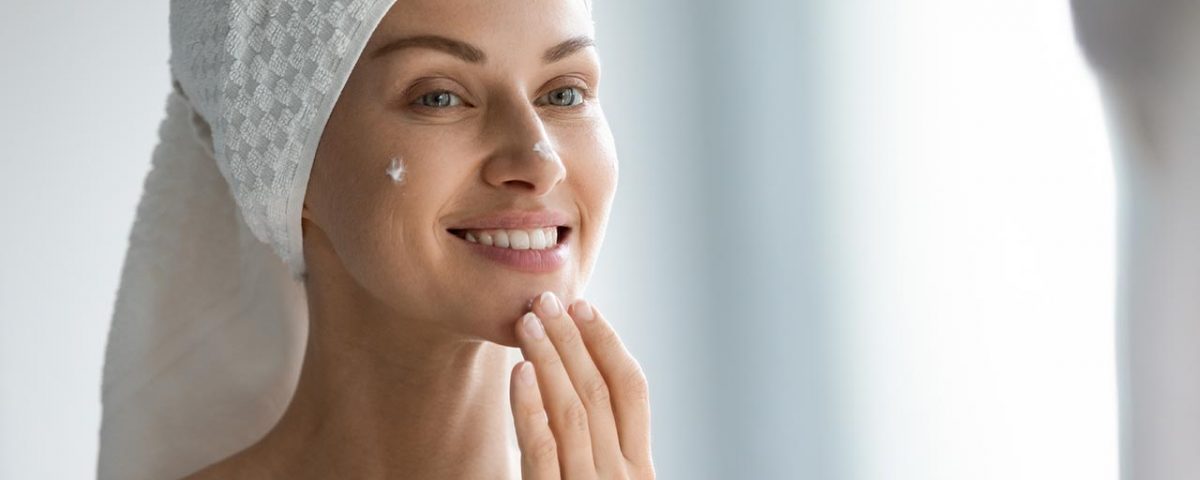Drugs can cause a whole mess of mental and physical problems.
Substance abuse can destroy the skin and completely change a person’s appearance. Methamphetamine, for example, greatly affects the skin due to meth mites and other issues, resulting in skin disease and rapid aging. Many addicts who receive addiction treatment continue to struggle with skin problems for years. As a substance abuse treatment center in Pompano, we understand how difficult it can be to cope with any physical damage caused by drug addiction; taking care of your skin after drug addiction is possible, though.How to Take Care of Your Skin After Substance Abuse
Drugs can affect the skin in different ways. While some of these conditions may subside after addiction treatment, others may require additional care. Short- and long-term drug abuse can cause all manner of skin conditions, otherwise known as drug-induced skin disorders, including lupus, acne, hypersensitivity syndrome, and skin picking, among many others. While taking care of your skin after drug addiction can be frustrating, it’s not impossible. Fortunately, our team at Banyan Pompano has jotted down some helpful tips for skin care following drug addiction.Schedule a Dermatologist Appointment
If you’re unsure about how to take care of your skin after substance abuse, making an appointment with your dermatologist is the first step you should take. These are professionals who are licensed to specifically treat skin problems, so before attempting anything at home, you should always consult with your dermatologist first to ensure the method is right for your skin.Take Vitamins
Vitamins are supplements that can naturally improve skin health. Many recovering addicts suffer from vitamin and mineral deficiencies; supplements like vitamins B, C, and D can help improve not only the skin but other functions of the body as well. Again, keep in mind that any supplements you take, natural or not, should be approved by your dermatologist first.Adjust Your Diet
A clean diet consisting of whole foods and healthy fats can help your skin heal from the inside out. Your diet plays a big role in skin health; eating foods that benefit your body can help clear your skin of any unhealthy and unwanted problems. Trained and licensed nutritionists can help you develop a diet plan that best suits your needs.Hydrate
You may have heard this a lot while you were growing up, but the benefits of water for skin health cannot be stressed enough. Water flushes toxins out of your body that would otherwise manifest themselves into skin problems, especially drug-induced acne.Drink Natural Herbal Teas
While there are plenty of skincare companies who guarantee miracles with their products, more often than not, natural remedies are the way to go. One of the best ways to take care of your skin after addiction is to heal it from the inside. Drinking teas that contain natural herbs like milk thistle, lavender, dandelion, and calendula can help reduce inflammation, redness, irritation, and clear the body of toxins.Taking care of your skin after drug addiction involves developing healthier habits. A combination of these methods makes up a great skin care routine for recovering addicts.
If you have yet to take the first step towards recovery, today is the day. Call Banyan Treatment Centers Pompano at
888-280-4763 for more information about our Florida rehab center and the levels of care available at our facility.Sources:
Related Reading: Faces of Meth: The Ugly Truth About the Physical Side Effects of Meth









